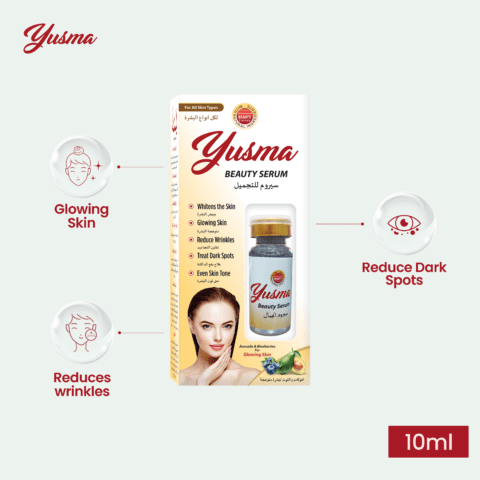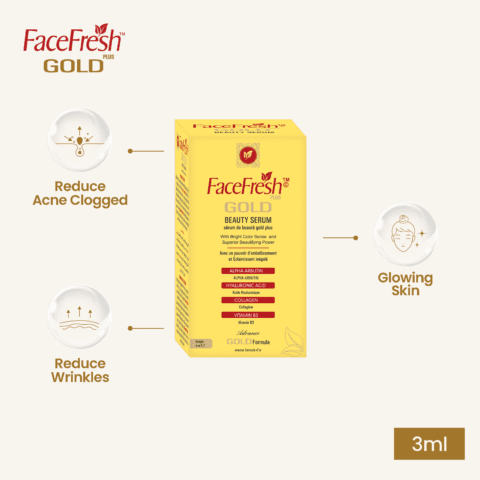Are you tired of dealing with oily hair that looks greasy and flat just a few hours after washing? Oily hair can be frustrating, but fortunately, there are several solutions that can help you manage and control it. In this article, we will explore the causes of oily hair and provide you with effective tips and remedies to tackle this issue. Say goodbye to oily hair and hello to healthy, luscious locks!
What Causes Oily Hair? Oily hair occurs when the sebaceous glands in your scalp produce excessive amounts of sebum, the natural oil that keeps your hair moisturized. Several factors can contribute to the overproduction of sebum, leading to oily hair.
Overactive Sebaceous Glands One of the primary causes of oily hair is overactive sebaceous glands. Some individuals naturally have more active sebaceous glands than others, resulting in the production of excess sebum. This genetic predisposition can make it challenging to manage oily hair, but there are strategies to keep it under control.
Hormonal Imbalance Hormonal changes can also play a role in oily hair. During puberty, pregnancy, or menopause, hormonal fluctuations can stimulate the sebaceous glands to produce more sebum. Understanding the link between hormonal changes and oily hair can help you address the issue effectively.
Poor Scalp Health An unhealthy scalp can contribute to the production of excess sebum. Factors like poor hygiene, fungal infections, and product buildup can disrupt the balance of your scalp, leading to oiliness. Taking care of your scalp is crucial for maintaining overall hair health and combating oily hair.
External Factors External factors such as humidity, pollution, and excessive heat styling can exacerbate oily hair. Humidity can make the hair shaft swell, causing the sebaceous glands to produce more oil. Pollution particles can also stick to the hair, making it appear greasier. Additionally, excessive heat from styling tools can strip away natural oils, triggering the sebaceous glands to compensate by producing more oil.
How to Manage Oily Hair While you may not be able to change your genetic predisposition or hormonal fluctuations, there are effective strategies to manage and control oily hair. Let’s explore some practical tips and techniques to help you achieve healthier, less oily hair.
Choose the Right Shampoo Selecting the right shampoo is crucial for managing oily hair. Look for shampoos that are specifically formulated for oily or greasy hair types. These shampoos often contain ingredients that help regulate sebum production and remove excess oil without drying out your scalp.
Use a Clarifying Shampoo Incorporating a clarifying shampoo into your hair care routine can be beneficial. Clarifying shampoos are designed to deep-cleanse the hair and scalp, removing product buildup, excess oil, and impurities. Use a clarifying shampoo once a week to keep your hair and scalp fresh and clean.
Avoid Overwashing While it may seem counterintuitive, overwashing your hair can actually contribute to oily hair. Frequent washing can strip away the natural oils from your scalp, leading to increased sebum production to compensate for the loss. Aim to wash your hair every other day or every two days to maintain a healthy balance.
Don’t Skip Conditioner Conditioner is often misunderstood by individuals with oily hair. Some may skip conditioner altogether, fearing it will make their hair greasier. However, using a lightweight, oil-free conditioner is essential to keep your hair moisturized without weighing it down. Focus on applying conditioner to the ends of your hair, avoiding the scalp.
Try Dry Shampoo Dry shampoo can be a game-changer for those with oily hair. It absorbs excess oil from the scalp, providing an instant refresh between washes. Apply dry shampoo to the roots of your hair, let it sit for a few minutes, and then brush it out to remove the oil and add volume.
Adjust Your Diet Believe it or not, your diet can also impact the oiliness of your hair. Reduce your intake of greasy and fried foods, as well as sugary and processed snacks. Instead, opt for a balanced diet rich in fruits, vegetables, lean proteins, and healthy fats. A nutrient-rich diet can promote healthy hair and regulate sebum production.
Natural Remedies for Oily Hair If you prefer natural alternatives, there are several home remedies that can help control oily hair. Let’s explore some of these remedies that have been used for generations.
Apple Cider Vinegar Rinse Apple cider vinegar has natural astringent properties that can help balance the pH of your scalp and reduce oiliness. Dilute apple cider vinegar with water and use it as a final rinse after shampooing. It can leave your hair feeling refreshed and less greasy.
Lemon Juice Lemon juice is another natural remedy that can help combat oily hair. Mix freshly squeezed lemon juice with water and apply it to your scalp. Leave it on for a few minutes before rinsing it off. The acidity of lemon juice can help regulate sebum production and leave your hair looking less oily.
Aloe Vera Gel Aloe vera gel is known for its soothing and healing properties. It can also be used to control oily hair. Apply a small amount of aloe vera gel to your scalp and massage it in. Leave it on for about 15 minutes before rinsing it out. Aloe vera can help balance the oil production on your scalp and promote a healthier scalp environment.
Conclusion Dealing with oily hair can be a challenge, but with the right strategies and remedies, you can manage and control it effectively. Remember to choose the right shampoo, avoid overwashing, and incorporate natural remedies like apple cider vinegar, lemon juice, and aloe vera gel into your hair care routine. By taking care of your scalp and making a few adjustments, you can say goodbye to oily hair and hello to healthy, luscious locks.




Leave a comment
Your email address will not be published. Required fields are marked *